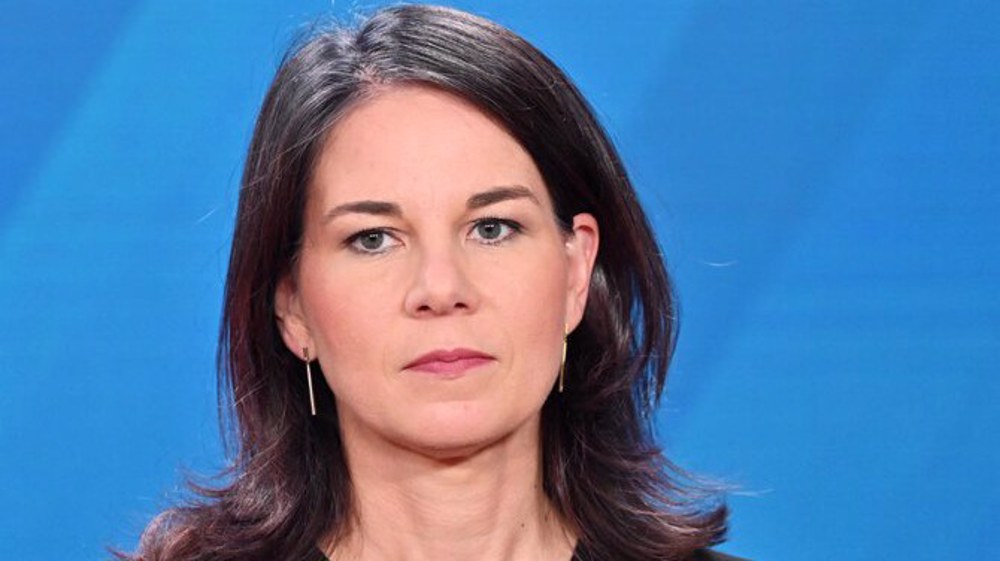German FM urges Turkey to release journalist
German Foreign Minister Sigmar Gabriel has rebuked Turkey’s continued detention of a journalist who worked for a German daily, calling the move both unnecessary and unjust.
“It is now time for the Turkish justice system to make a decision,” said Gabriel in an interview with Die Welt published on Saturday as he promised that Berlin was doing its best to end the detention of Deniz Yucel in Turkey.
Yucel, 43, was arrested on February 18 and his apartment was searched after prosecutors said he could be linked to attack by hackers on the email account of Turkey's Energy Minister Berat Albayrak.
The journalist, who had willfully attended a police questioning in Istanbul four days earlier, had reported on Albayrak's private emails acquired by the leftist Turkish hacker collective RedHack. He is accused of "being a member of a terrorist organization, misuse of data and terrorist propaganda."

Die Welt said in a report at the time of his detention that emails of Albayrak, a son-in-law of Turkish President Recep Tayyip Erdogan, concerned control of Turkish media groups and influencing the public by means of fake users on the messaging service Twitter.
Gabriel acknowledged that Turkey’s continued detention of Yucel was legal under a state of emergency, which allows detention up to 14 days without facing a judge. However, he said it was "neither necessary nor just to deprive Deniz Yucel of his freedom for this long." The top diplomat added that Germany was working closely with Turkey to find a solution.

The call by Berlin comes just a day after 166 lawmakers in the lower house of Germany's parliament, known as the Bundestag, demanded Yucel’s released in a letter they wrote to Turkish Ambassador Ali Kemal Aydin. The lawmakers said in their plea that Yucel was “paradoxically” accused of involvement in an intellectual debate, which they said could be Turkey’s “best instrument against terrorism.”
Turkey introduced the state of emergency after it was hit by a coup attempt on July 15, 2016. A massive crackdown was launched leading to the imprisonment of 40,000 people while some 110,000 others have been discharged from their jobs. The clampdown has badly affected ties between Turkey and Germany while Ankara is becoming increasingly irritated by what it calls Berlin's direct support for Kurdish militants.
#BribedByAIPAC: US lawmakers on Zionist lobby payroll irked by ICC arrest warrants
From cradle to chaos: My infant son’s journey through war and displacement
Lebanon condemns Israeli attack on UN peacekeepers
‘Everyone here is at risk’: Injured Kamal Adwan Hospital director’s poignant message
VIDEO | 'We will rebuild a thousand times’
Ex-Israeli war minister Gallant to head to US despite ICC arrest warrant
Iran’s foreign minister in Portugal to attend 10th UNAOC Global Forum
VIDEO | Israel puts Beirut under back-to-back assaults as Hezbollah says Netanyahu won’t succeed














 This makes it easy to access the Press TV website
This makes it easy to access the Press TV website